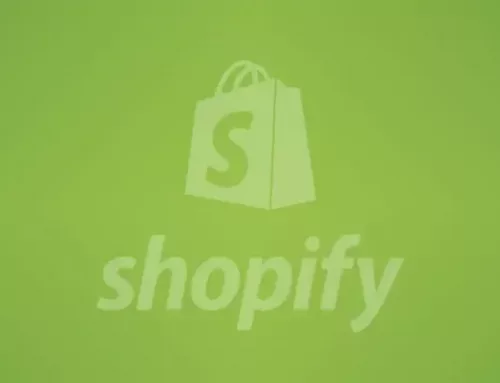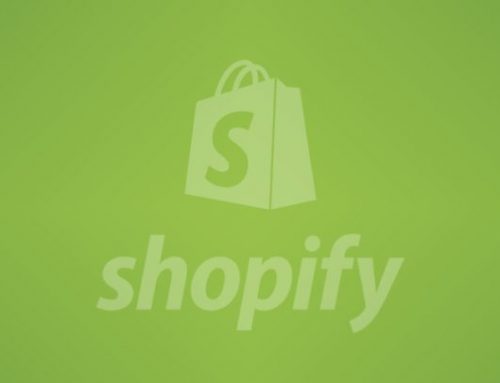Shopify Webhook: A Complete Guide to Real-Time Store Integrations
Running an eCommerce business in today’s environment demands immediate access to live information. Shopify Webhooks delivers an efficient method to conduct automated task execution and system data synchronization that results in substantial operational enhancements. Webhooks through their event-based communication method remove the requirement of continuous polling to deliver instant information and uninterrupted data transmission. Shopify webhooks transform workflows by providing a great method to connect order updates with CRM functions and customer information thus improving the automation of your application and workflow responsiveness.
The detailed guide explains all aspects of Shopify Webhooks alongside expert strategies needed for successful implementation of this technology. This document explores complete information about Shopify third-party integration setup and coding preparation needed to establish essential security practices with avoidance of common errors and successful workflow optimization techniques.
What are Shopify Webhooks?
The user-defined HTTP callbacks known as Shopify Webhooks launch automatically when specific actions happen to your web store. Order creation together with cart updates and product deletions and customer sign-ups trigger these events.
Webhooks provide Shopify with an automated method of event data transmission to external servers through secure https:// end points that use JSON or XML formats. Your application together with the backend server can immediately process data through this capability.
Example Events:
- orders/create
- customers/update
- products/delete
You can use Shopify Webhooks to:
- Automate order fulfillment: Automatically notify fulfillment centers or shipping providers when new orders are placed, speeding up processing and delivery times.
- Sync inventory with a third-party system: Keep your inventory levels consistent across Shopify and other platforms (like an ERP), preventing overselling and improving stock management.
- Integrate with marketing tools or CRMs: Automatically add new customers to your email lists or update customer profiles in your CRM with purchase history, enabling targeted marketing campaigns.
- Trigger custom notifications or reports: Generate real-time alerts for specific events, such as large orders or abandoned carts, and create custom reports to monitor key business metrics.
Ready to launch your Shopify store? We will create a standout site with our development and app development to build a store that sells.
Contact us now and get your store up and running fast!
How to Create Webhooks in Shopify Admin
Step-by-step Process:
- Login to Shopify Admin
- Navigate to Settings > Notifications
- Navigate to Webhooks from the section
- Click Create Webhook
- Pick an event (such as orders/create or orders/update)
- Shoppers should select either JSON or XML as their format.
- Add your HTTPS URL endpoint of your server into the system
- Click Save Webhook
Using Shopify Webhooks in Node.js
In Node.js development for Shopify webhooks you establish an Express server which listens to Shopify’s POST requests.
Install Required Dependencies
npm install @shopify/shopify-api
Best Practices for Using Shopify Webhooks
- Always Validate Payloads: The verification of Shopify webhooks relies on HMAC validation headers to confirm data authenticity and block harmful infiltration attempts.
- Keep Payload Processing Asynchronous: Periodic tasks that can slow down your application should be moved into running background jobs through Bull or RabbitMQ queuing systems to prevent performance issues.
- Monitor Webhook Logs: Remote-hosted dashboards and external infrastructure tools should be used to track webhook delivery status and successful deliveries and retry attempts to gain better visibility and improve debugging capabilities.
- Use Webhooks for Third-Party Integration: The Shopify Webhooks system enables CRM (HubSpot) and ERP (NetSuite) and notification platform (Slack and SendGrid) connections which create automatic workflow processes.
Pros and Cons of Shopify Webhooks
Pros
- Real-time data updates: The events of new orders together with inventory modifications trigger webhooks to deliver instant notifications thus enabling proper fulfillment while ensuring accurate data consistency.
- No polling required: Webhooks cut server load and bandwidth consumption significantly since they eliminate the requirement for repeated update checks. This results in enhanced operational efficiency.
- Automation-friendly: Webhooks function perfectly in eCommerce automation systems to activate shipping alerts and control order evolution and activate many other automated procedures.
- Flexible third-party integration: Webhooks provide easy connection points between internal and external systems including CRMs ERPs plus marketing platforms through which data transmission becomes efficient.
Cons
- Setup requires backend logic: The setup of webhooks demands server-side development capabilities because you need to configure endpoints alongside data processing for safe security protocols.
- Webhook data loss: Data inconsistencies and broken synchronization might occur from dropped events that stem from server issues or processing errors unless protective measures are in place.
- Security concerns: Webhook data requires additional security measures because it presents vulnerabilities unless businesses properly validate it for stopping malicious attacks.
Conclusion
The advanced automation system of Shopify Webhooks enables streamlining operations and third-party app synchronization and automates real-time responses to store events. Knowledge of webhooks remains vital for enhanced Shopify development because they enable the creation of Shopify order webhooks and custom CRM integration.
Implementing proper knowledge of webhook management methods leads to advanced automation capabilities in your Shopify platform.
Ready to Build a Secure and Scalable Shopify App?
Our team brings expertise in developing unique Shopify integrations with app development and backend automation services. Our team assists clients in creating secure webhooks and implementing third-party connections as well as optimizing real-time data processing for their shops.
Contact Us Today to get your Shopify solutions up and running!




